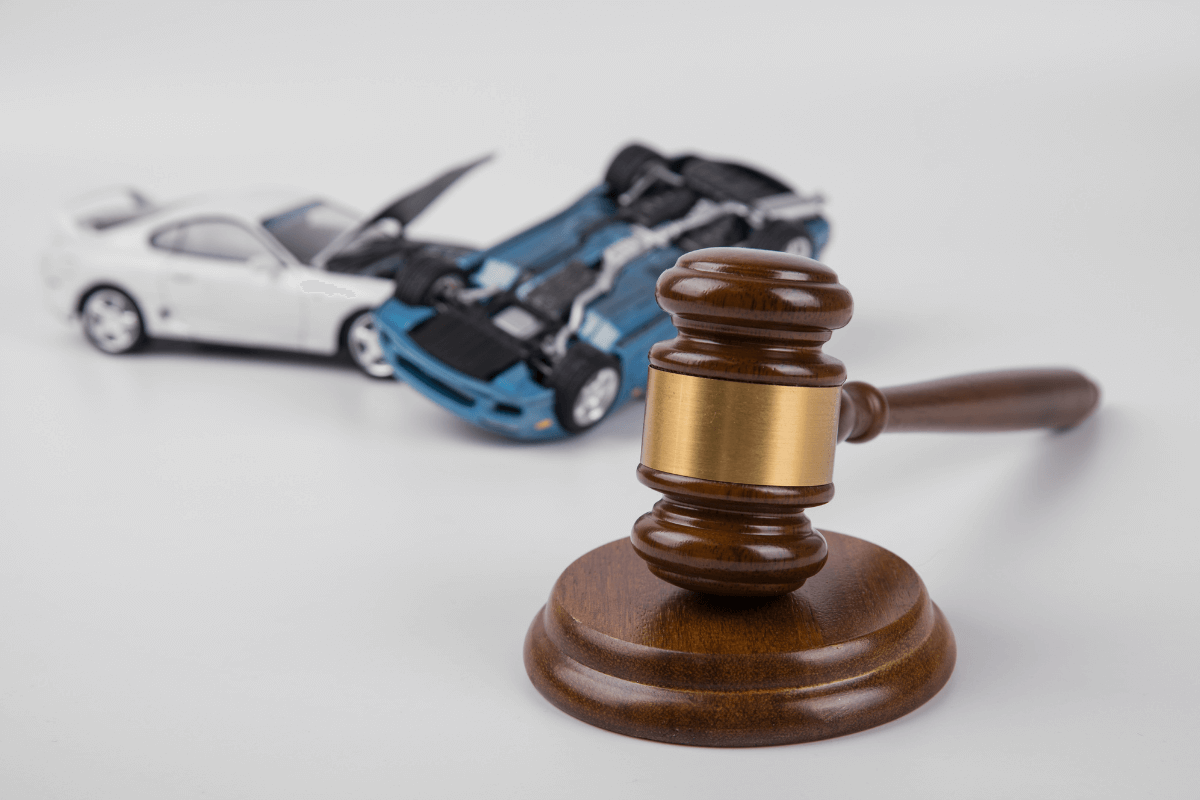Introduction
Car accident compensation is one of the most common legal concerns in the United States. Every year, millions of drivers and passengers are injured in crashes, leading to costly medical bills, lost wages, and emotional suffering. Knowing how compensation works and the steps you can take to maximize your claim is critical for protecting your rights and financial recovery.
1. What Is Car Accident Compensation?
Car accident compensation refers to the money awarded to victims of motor vehicle accidents for their losses. Depending on the severity of the crash and the evidence available, compensation may cover:
-
Medical expenses (emergency care, surgeries, rehabilitation).
-
Lost wages or reduced earning capacity.
-
Pain and suffering.
-
Emotional distress.
-
Property damage, such as vehicle repairs or replacement.
The goal of compensation is to restore victims as much as possible to their financial and physical condition before the accident.
2. Types of Compensation Available
There are two main categories of damages in car accident compensation:
1. Economic Damages (Tangible Losses)
-
Medical bills and prescription costs.
-
Lost wages during recovery.
-
Future medical care or rehabilitation.
-
Vehicle repair or replacement.
2. Non-Economic Damages (Intangible Losses)
-
Pain and suffering.
-
Loss of enjoyment of life.
-
Emotional trauma such as anxiety or depression.
In rare cases, victims may also receive punitive damages if the at-fault driver acted with extreme negligence, such as drunk or reckless driving.
Read also: Complete Guide to Slip and Fall Accidents: Know Your Legal Rights
3. How Car Accident Compensation Is Calculated
Several factors affect the value of a claim, including:
-
Severity of injuries – Serious or permanent injuries lead to higher payouts.
-
Medical treatment length – Longer recovery means higher costs.
-
Impact on work – Loss of wages or inability to work in the future.
-
Evidence collected – Police reports, witness statements, and medical records.
-
Insurance policies involved – Compensation may be limited by coverage amounts.
Insurance companies often use formulas to calculate damages, but an experienced lawyer can challenge low offers and push for fair value.
4. Common Mistakes That Reduce Compensation
Victims often make mistakes that weaken their cases. To protect your claim, avoid:
-
Delaying medical treatment – Insurance may argue your injuries are unrelated.
-
Failing to gather evidence – Photos, police reports, and witness details are critical.
-
Posting on social media – Insurers may use posts to dispute your injuries.
-
Accepting the first settlement offer – Early offers are usually far below true value.
Being proactive and careful will help you maximize your claim.
5. Why Hiring a Lawyer Helps
While some small claims can be handled alone, most serious cases benefit from legal representation. A car accident lawyer can:
-
Investigate the crash and collect strong evidence.
-
Work with medical and financial experts to calculate damages.
-
Negotiate aggressively with insurance companies.
-
File a lawsuit if necessary to secure fair compensation.
Most personal injury lawyers work on a contingency fee basis, meaning you pay only if they win your case.
6. The Role of Insurance Companies in Car Accident Compensation
Insurance companies play a central role in determining the outcome of car accident compensation claims. While their job is to provide coverage, their primary goal is often to minimize payouts. Adjusters may question the severity of injuries, delay payments, or push for quick settlements that undervalue your claim. This is why it’s critical to keep detailed records, avoid giving recorded statements without legal advice, and understand that you are not obligated to accept the first offer. With the right strategy and legal support, you can challenge low settlements and push for the compensation you truly deserve.
Conclusion
Car accidents can have devastating consequences, but knowing how to handle your car accident compensation claim can make recovery smoother and financially secure. By seeking medical care, gathering evidence, and working with an experienced lawyer, you can maximize your chances of receiving the compensation you deserve.
